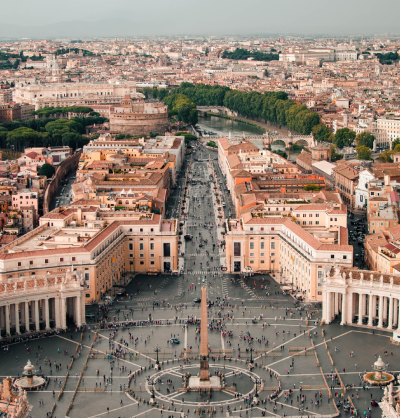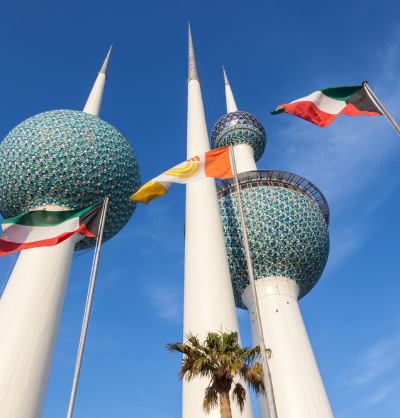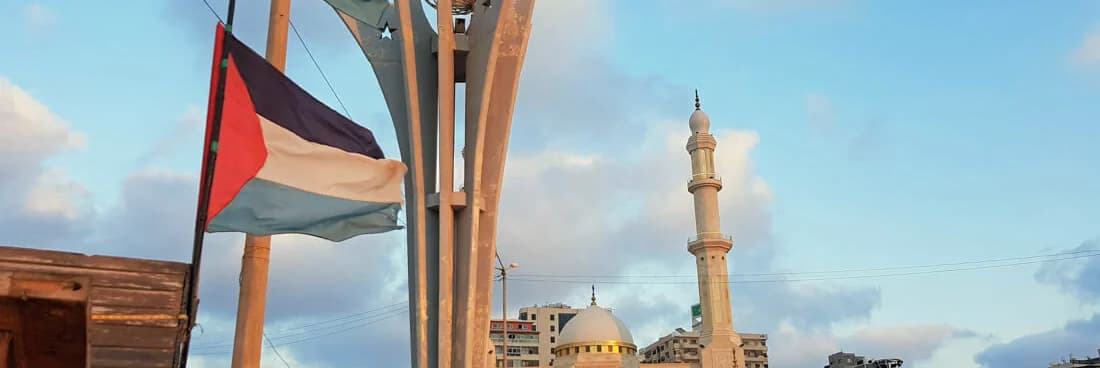*Omar Shaban is the Founder and Director of PalThink for Strategic Studies, an independent think tank based in Gaza. He is an expert on the political and economic dynamics of the Middle East, and a contributor to several Arab and international media. Omar is a founder of Palestinian groups for Amnesty International, and a member of the Institute of Good Governance.
***
With 1.8 million inhabitants living in an area of 360 square kilometres, the Gaza Strip is one of the most densely populated territories in the world. The ongoing conflict with Israel and the blockade imposed in 2007 led 80% of the population to depend on humanitarian aid. In particular, restrictions on the movement of people and goods have been enacted, coupled with the denial for Palestinian fishermen to access Gaza’s territorial waters. Electricity in Gaza is available for 12 hours a day on average, and, already in 2019, 46% of essential medicines were not available in the Strip [1]. Then the COVID-19 pandemic arrived.
As of 10 March 2021, the Gaza Strip has registered 56,000 cases of COVID-19 and 537 deaths, with the health system already strained before the beginning of the emergency [2]. How did the pandemic affect life in Palestine? And how did the activities of PalThink change?
The pandemic posed some new obstacles to overcome, but also some opportunities to take. The blockade on the Gaza Strip had already damaged the health system dramatically, also because many Gazan doctors decided to leave in order to find better working conditions abroad. The widespread awareness of the poor status of the health sector led many Gazans to be extremely scared when the first cases of COVID-19 were discovered in the West Bank in March 2020. On 24 August in the Gaza Strip, there were 109 cases, while now there are 56,000: a major problem concerning the containment of the emergency is the fact that social distancing in the Gaza Strip is practically impossible due to the overpopulation of the area. As everywhere else in the world, the pandemic came as a shock, as it was totally unexpected and nobody was prepared to face it. At the beginning, several measures have been implemented, such as lockdowns and curfew, but now these restrictions have been lifted. There are two main reasons why the situation is currently somehow under control: first, ironically, since the borders were already closed before the beginning of the health crisis, the spread of the virus was prevented; second, the fact that the population of the Strip is very young limited the number of severe cases. (Author’s note: the median age in Gaza is 18.[3])
Life in the Gaza Strip radically changed since the announcement of the state of emergency last year. In particular, the major change regarded international aid, which was diverted to the health sector, leaving many others suffering from the consequences of the pandemic. Not only international aid was shifted to the health system, but it also decreased in volume, mainly because the donors themselves were facing internal economic repercussions. Here as well, the economic situation has drastically worsened, with a huge increment of unemployed people; in particular, COVID-19 hit the sectors of tourism, construction, education and agriculture.
The pandemic completely changed the professional life as well as the personal life, limiting in-person meetings and freedom of movement. At PalThink, as everywhere else, we had to start working from home and limit all the activities that require our physical presence, such as workshops and events, moving to social platforms online. This had an impact on the outcome of our activities, and also on the possibility to create valuable networks, for example with foreign diplomats and journalists.
Hamas has been ruling the Gaza Strip for the past 15 years. Seeing the tension between Hamas and Israel, as well as between Hamas and the Palestinian Authority, did these parties manage to reach a sufficient degree of cooperation to contain the emergency?
One of the little positive aspects of the pandemic is that it pushed everyone to cooperate; the Palestinian Authority sent 2,000 doses of vaccine to Gaza, which is not much but still remarkable, since the West Bank is struggling to get the doses for itself. Israel provided sanitary material to the Gaza Strip and offered medical training to the personnel working in the health sector, which is something that had never happened before and that showed a shared sentiment of solidarity. There have been some attempts to use the vaccine as a political weapon, with some members of the Israeli extreme-right wing suggesting to give the vaccine to Hamas in exchange for Israeli prisoners, but such motions have not been considered by the Israeli government. Hamas offered a humanitarian truce to Israel in order to find ways to cooperate on the health front, and tension actually de-escalated, also thanks to the fact that lockdowns limited the spread of violence and protests.
Israel is the world leader in the vaccine rollout: 85% of the population aged between 70 and 79 has been immunized and the death toll has decreased by 99% [4]. Israel also vaccinated the Israeli inhabitants of the West Bank, the Palestinians living in Jerusalem, and provided the Palestinian Authority with 2 million doses of the Moderna vaccine [5]. But what about the other Palestinians? Moreover, the Gaza Strip received 2,000 doses of Sputnik V via the UAE, and it is expected to receive thousands more thanks to the WHO’s COVAX program. The distribution of the vaccine certainly has political implications, to the point that it became common to speak about “vaccine diplomacy.” To what extent did Palestine benefit from international attention or become victim of such political considerations?
As the occupying power, Israel is responsible for the wellbeing of the Palestinian people, given the fact that it manages every aspect of our lives, controlling the borders and the territorial waters. The problem is that the population of the Gaza Strip is stuck in between two entities that rule without talking to each other, Hamas and Israel. There have been several international organizations or NGOs denouncing human rights’ violations committed by the Israeli government, related, for example, to the fact that Israel has 100,000 extra doses and it is going to sell them to other countries rather than giving them to the Palestinians. But here is the question: would the Palestinians willingly accept doses that are donated by Israel? What Israel should do is facilitating among the international community to provide equal access to the vaccine, rather than providing it directly to the Palestinians. It is not a matter of international law, the responsibility of Israel towards the Palestinians concerns the principle that “nobody’s safe until everyone is safe,” and since we are neighbours, Israel would benefit from including the Palestinian people in the vaccination campaign.
As for the other international actors, their involvement certainly was led by political considerations. In the Arab World, there is sort of a competition in showing support for the Palestinian cause, and, for example, the United Arab Emirates used the vaccine diplomacy to compensate the Palestinians for normalizing relations with Israel with the Abraham Accords, in order to confirm the UAE’s support to our people. This strategy actually worked, as it tempered the Palestinian feeling of resentment against Abu Dhabi.
Finally, there is a direct link between the upcoming elections in Palestine and the race to distribute the vaccines, which can be used to affect the results by influencing the public opinion. In my view, the Palestinians would not have received so many doses without the elections approaching. On the Palestinian side, the announcement of the organization of the election was also meant to show to the international community ‒ and, in particular, to the new Biden Administration in Washington ‒ the willingness to comply with the international political standards, and a collaborative approach aimed at attracting international support.
You used to be the deputy head of the board of Asala, an organization working for women empowerment in Palestine, where life for women is particularly difficult. In light of the recent International Women’s Day, how did the COVID-19 emergency affect women’s lives in Palestine?
Women belong to the group of those who suffered the most from the impact of the pandemic. As everywhere else, they are weaker than men in the job market and thus COVID-19 particularly hit them from an economic point of view. Moreover, they found themselves charged with extra-work, in particular within their own domestic walls; for example, with children unable to go to school, mothers had to take care of them and even partially do the work of the teachers. Last and most important, as almost everywhere else in the world, also in Palestine gender based violence increased, due to the long and tense time couples spent home together. So yes, women payed the price of the pandemic twice.
Resources
- Human Rights Watch, ‘Israel and Palestine Events of 2019,’ 14 January 2020, https://www.hrw.org/world-report/2020/country-chapters/israel/palestine#.
- World Health Organization, ‘Coronavirus disease 2019 (COVID-19) in the occupied Palestinian territory,’ 10 March 2021, https://app.powerbi.com/view?r=eyJrIjoiODJlYWM1YTEtNDAxZS00OTFlLThkZjktNDA1ODY2OGQ3NGJkIiwidCI6ImY2MTBjMGI3LWJkMjQtNGIzOS04MTBiLTNkYzI4MGFmYjU5MCIsImMiOjh9.
- Andy Coghlan, ‘The reasons why Gaza’s population is so young’, New Scientist, 1 August 2014, https://www.newscientist.com/article/dn25993-the-reasons-why-gazas-population-is-so-young/.
- Corriere della Sera, ‘Vaccino a tappeto in Israele, Covid sotto controllo,’ 6 March 2021, https://www.corriere.it/esteri/21_marzo_06/vaccino-tappeto-israele-covid-sotto-controllo-6f82d33e-7eae-11eb-a1f6-6ee7bf0dab9f.shtml [in Italian].
- Giusy Baioni, ‘Israele da record per la somministrazione dei vaccini. Ma consegnarli in Cisgiordania e Gaza è una questione politica,’ Il Fatto Quotidiano, 21 February 2021, https://www.ilfattoquotidiano.it/2021/02/21/israele-da-record-per-la-somministrazione-dei-vaccini-ma-consegnarli-in-cisgiordania-e-gaza-e-una-questione-politica/6105693/ [in Italian].








